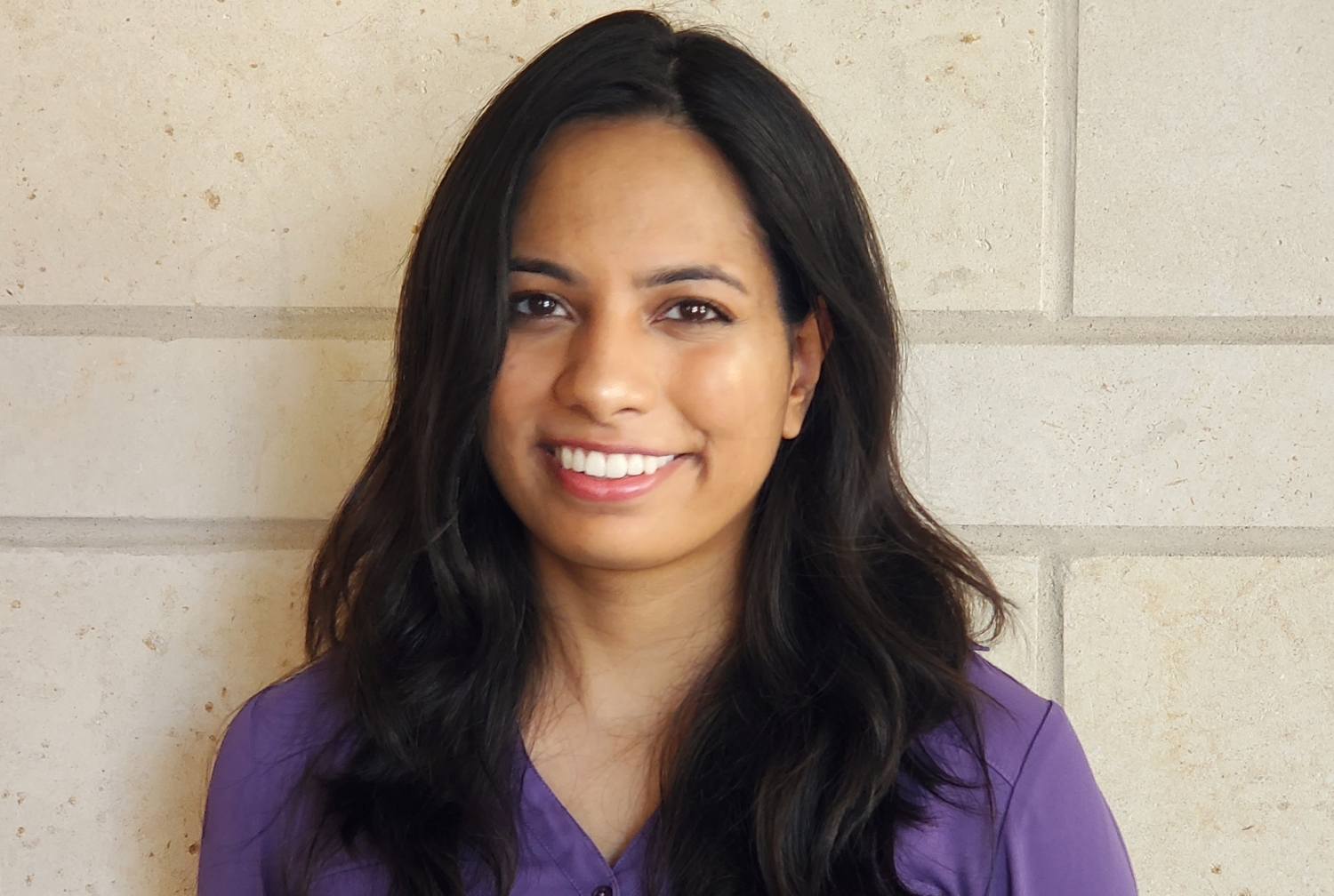Sarah Qureshy, a fourth-year medical student at Weill Cornell Medical College, has been selected by the American Society of Hematology (ASH) as one of four medical students nationwide to receive the 2023-24 ASH Medical Student Physician-Scientist (PhySci) Award.
The ASH PhySci Awards support first-, second- and third-year medical students looking to gain experience in hematology research under the mentorship of an ASH member and to learn more about the specialty. This award, which provides one-year $42,000 grant funding, will enable Qureshy to take a year off from her schooling to carry out an immersive project conducting laboratory, translational or clinical hematology research.
“This award is extremely meaningful to me,” Qureshy said, “because in all my prior research experiences, mentorship played a vital role in helping me begin to pursue a path to medicine that also incorporates translational research. I owe my past successes to my previous mentors and am excited to be back in an interdisciplinary environment learning from others with different backgrounds and expertise.”
Qureshy will work in the laboratory of Dr. David Scheinberg, chair for the Experimental Therapeutics Center at Memorial Sloan Kettering Cancer Center, whose lab investigates novel targeted immunotherapies for various types of cancer. Chimeric antigen receptor (CAR) T-cell therapy is one such treatment that is utilized clinically and involves genetically engineering patients’ immune cells to more effectively kill cancer.
Qureshy previously worked in the Scheinberg lab during the summer after her first year of medical school, where she collaborated with Dr. Simone Krebs on a project to engineer CAR T cells to allow them to be imaged using PET/CT and to deliver targeted radiotherapy to tumor cells. For her current project, she will be working on using these engineered CAR T cells for both imaging and treatment of acute leukemia.
Qureshy’s passion for oncology and hematological cancer began in her childhood after her father was diagnosed with and survived Hodgkins Lymphoma. She was further inspired after working in various labs throughout her undergraduate career and developed an interest in basic and translational research after working at a startup partnered with Sandia National Labs and later MD Anderson Cancer Center. She’s particularly drawn to investigating radioimmunotherapy applications of CAR T cells and other treatment modalities for various types of cancer in the future.
“This award to me is about learning as much as possible from my mentors, being humble and knowing there is so much to learn,” Qureshy said. “I hope to be able to provide mentorship and support to others in the future and am looking forward to the opportunity to invest in student learning as my past mentors did for me.”

